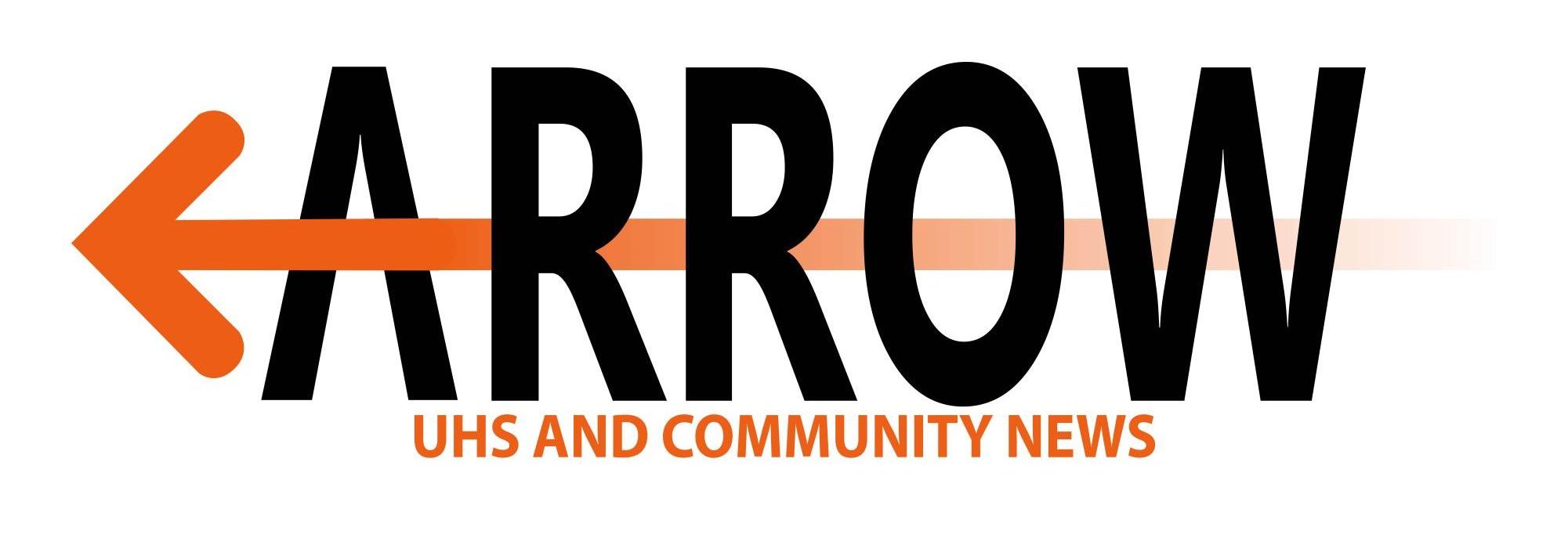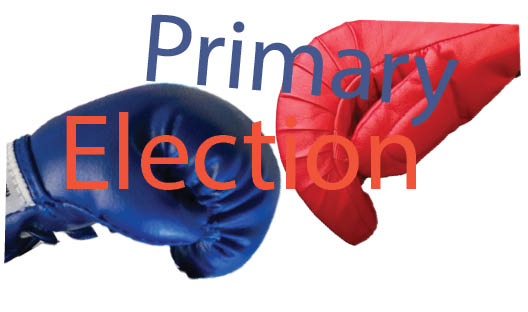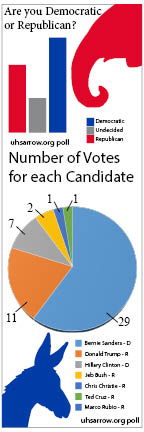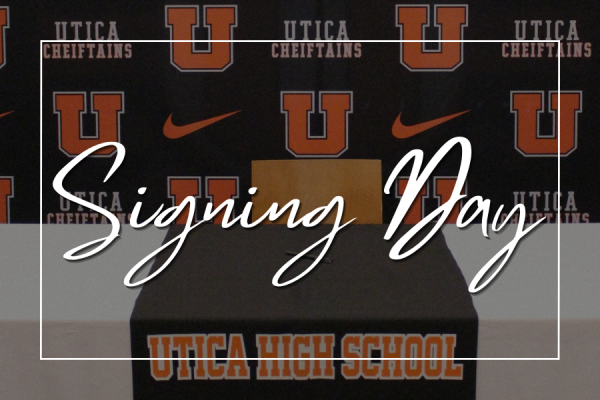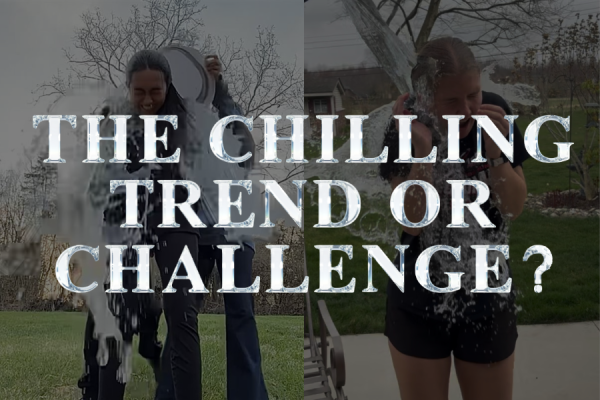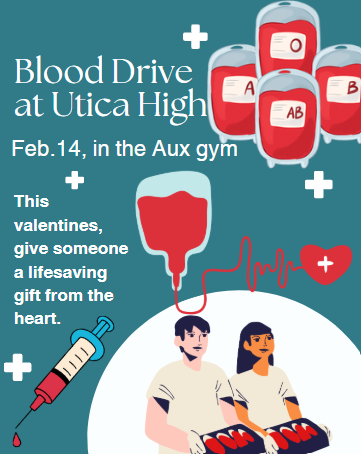Primary elections kick off with Iowa caucus
The first real test of the 2016 presidential candidates is here. Presidential primaries are where candidates are chosen from their respective political parties. Basically, the primary is where the two candidates are chosen to run for president.
The first primary was in Iowa, on Feb 1. Michigan’s primary isn’t until March 8, where, fortunately for teachers and students alike, UCS has cancelled school in the district. The lack of snow days this school year helped make the decision to cancel school an easier one, as well as the fact that schools are expected to have record numbers of voters at the polls.
“I’m pretty sure no one I know votes in the primary,” junior Dylan Yono said, “but I’ll take the day off, anyway.”
The difference between a caucus and primary is how people vote. In a caucus, voters meet in schools, houses, and churches to decide on a candidate by two methods: for the Republican caucus, a simple name on a sheet of paper; for the Democratic party, voters stand in one corner of the room, and the corner with the most people wins.
“I think Donald Trump has a 60% chance of winning the primary,” sophomore Adam Byrne said, “but I don’t really care.”
The primary/caucus excitement has been building up in the past few months, as candidates rush to Iowa and New Hampshire as an early strategy to win more votes.
Republican frontrunner Donald Trump focused in on Iowa, where he lost to Ted Cruz and tied with Rubio. On the democratic side, Hillary Clinton won by a slight margin over Bernie Sanders.
“I think Bernie would make a great president,” senior Amanda Cole said. “It’s just that, unlike Hillary and Cruz, he would have trouble winning over the moderates.”
Typically, primary voters are ideologically more extreme than everyday Americans, which explains the popularity of Trump, a hard lined conservative. The general election is where the moderates are most important.
If a candidate can win over his party and those in the middle, he or she can win the election.
“I would vote for Bernie Sanders in the Democratic primary,” junior Michael Manuel said. “I agree with his social policy, and I agree with how he does not let religion influence his views.”
In the larger view of things, a currently divided government is in session. If the Republicans were to win the election, and clench more seats in the Senate, it would be a large victory for republicans.
2016, the year of the outsiders, will have turbulent effects on politics for years.
Questions arise as the general election grows closer. For many high school students, 2016 will be the first year they are eligible to vote.
“I feel comfortable with voting,” senior Donald Smith said. “If I can help change things around this country, then why not?”
Media outlets have continuous coverage online, while Michigan’s voters wait for their turn to voice their opinions in the polls.
Your donation will support the student journalists of Utica High School. The Arrow appreciates your help to keep us up and running.


